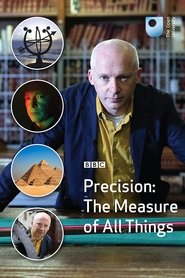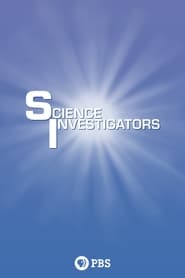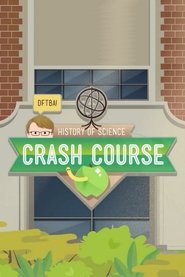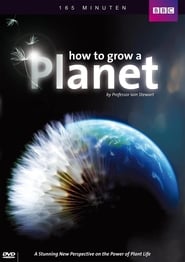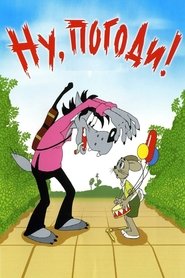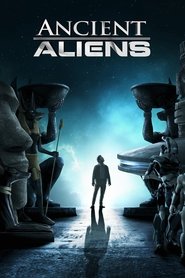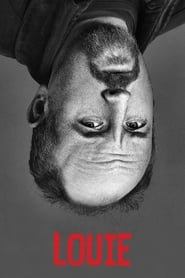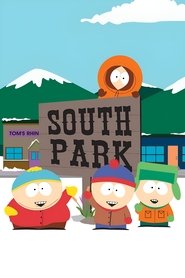
59 Season
1161 Episode
Horizon - Season 39 Episode 10 The Mystery of the Jurassic
For years scientists have been trying to find the mysterious evolutionary master key responsible for transforming the dinosaurs into world-beaters. In the early Jurassic, 200 million years ago, they were a relatively small group of primitive creatures. By the late Jurassic, 50 million years later, they had become the magnificent array of carnivores and giant plant eaters that would dominate the planet for millions of years. In between lies the mysterious period of the middle Jurassic in which all these changes must have happened. But what were they? What was it that transformed the dinosaurs? Was there some terrible mass extinction? Had there been an amazing change in the environment? All this was speculation and theory. How and where would evidence come to light? Fossils from the middle Jurassic are incredibly rare. All anyone had to go on were a few small outcrops of rock dotted around the world. Then a treasure trove of fossils emerged from the midst of an Argentinian wilderness in the 1990s; thousands of square miles of mid-Jurassic rocks. On their first season in the field, palaeontologist Oliver Rauhut and his team unearthed two giant meat-eating dinosaurs and six huge long-necked dinosaurs. And there was much more: early mammals, crocodiles, fish and even plant life. They had uncovered a complete mid-Jurassic eco-system, a wonderful snapshot of life from this dark age of dinosaurs. "It's as if someone has unearthed a holy grail of dinosaur palaeontology," says British geologist, Dr Phil Manning. Oliver Rauhut describes the site as, "an extraordinary window on the mid-Jurassic." Above all, the hope is that this site may contain all the information they need to find the mysterious evolutionary forces that have eluded palaeontologists for so long. Already they've been able to test out many of their theories and draw some exciting conclusions. For instance, one theory about what might have happened in the mid-Jurassic clearly does not seem to be supported by the finds in Argentina: the mass extinction theory. The laws of evolution say that a major extinction event could have caused an explosion in dinosaur diversity like the one in the mid-Jurassic. Death on such a vast scale clears away the competition, allowing the survivors to evolve rapidly into new ecological niches. But there's no evidence in Argentina for an extinction event affecting the dinosaurs. A second theory was that a major climate change could have transformed the dinosaurs' environment, leading to the evolution of many new types of dinosaur. In Argentina there is indeed evidence for a dramatic change in the climate. At the time of the early, primitive dinosaurs all the continents were gathered together in one giant super-continent (Pangea). The climate of the super-continent was dominated by extremely hot and dry conditions - with rainfall concentrated in a short bursts. Scientists call this the time of the mega-monsoon. Then in the middle Jurassic Pangea began to split apart. The Argentinian site offers evidence that as the super-continent split up, the climate changed to a more moderate, less extreme climate. Many scientists believe that on its own climate change isn't enough to explain what happened to the dinosaurs in the mid-Jurassic. As Phil Manning points out, the dinosaurs could in theory simply move to find the climates they were most adapted to - unless something stopped them from moving, some major physical barrier that meant they couldn't follow the climate zones. When scientists looked into this, it became clear that as the super-continent split up, such a barrier was being formed. Today it's called the Atlantic Ocean. This major barrier would allow an evolutionary process called vicariance to operate - animals on different sides of the barrier are able to evolve separately. The problem was there was no proof of vicariance in the mid-Jurassic. Until Argentina. Fortunately the site has fossils from just before and just after the super-continent split in two, so it's ideally placed to judge whether vicariance was beginning to take effect. And the early results are lending support that this may have been a key factor in explaining what happened to the dinosaurs in the mid-Jurassic.
- Year: 2022
- Country: United Kingdom
- Genre: Documentary
- Studio: BBC Two
- Keyword:
- Director:
- Cast:



















 "
"

